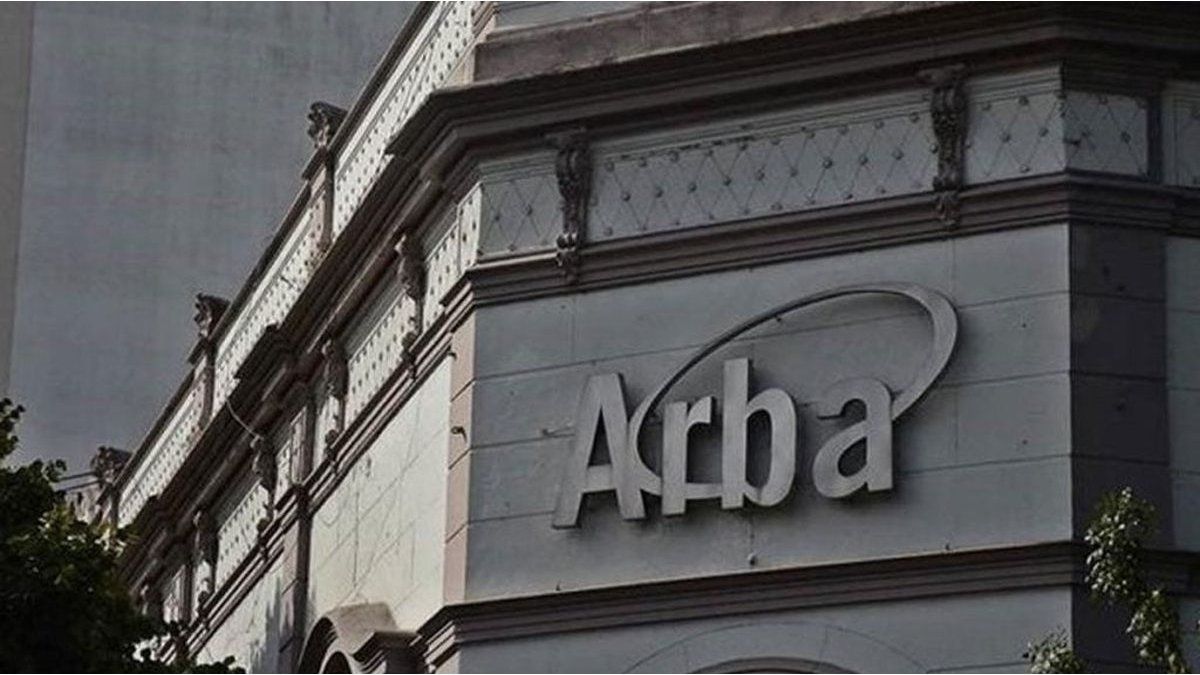The Revenue Agency of the Province of Buenos Aires (ARBA) recovered since the beginning of the management of Axel Kicillof more than $268 billion through the Remote Audit System (FIRE) and its inductive summons procedure. This mechanism allowed taxpayers of the Gross Income Tax with inconsistencies in their declarations to accept the agency’s claims and correct them.
In this regard, Christian Girarddirector of ARBA, explained that FIRE is a key tool that allows for the efficient fight against tax evasion, without the need for face-to-face operations. “It works like a tax radar that constantly monitors taxpayers of the Gross Income Tax, cross-checking information on VAT, electronic transactions and other data,” he said.
Embed
A more just society is possible, if there is political determination.
Thanks to the improvements achieved in the remote inspection system of @arba (FIRE), we have already recovered more than $268 billion. By decision of the governor @Kicillofok We make investments in… pic.twitter.com/ZmzPo19mh0
— Cristian Girard (@cristiangirard) September 16, 2024
When the system detects discrepancies in the declarations, it notifies the irregularity and, through the web platform, enables the taxpayer to acknowledge the detected tax differences or justify their situation by means of a discharge. The entire process is carried out digitally and with automated procedures.
“Since the beginning of our administration, we have sought to strengthen the remote audit system to automate the detection and correction of inconsistencies in the Gross Income Tax, allowing voluntary and digital regularization through an increasingly agile and simple web platform,” Girard added.
Within this framework, changes have been implemented in the FIRE to optimize the detection of inconsistencies and improve tax equity. “We have enabled the possibility for taxpayers to correct tax differences detected through the web, without the need to submit additional tax returns, simplifying compliance,” explained the Executive Subdirectorate of Territorial Actions and Services.
In addition, it was indicated that new automatic controls were incorporated that allow for the identification of evasion with greater precision: from the verification of inconsistencies in the tax base by cross-checking data with VAT and electronic transactions, to the control of the correct application of rates, deductions and the classification of activities to avoid the improper use of tax benefits.
What was recovered with FIRE?
Almost half of the amount recovered from evasion of the Gross Income Tax through the FIRE corresponded to companies dedicated to wholesale and retail trade. The rest was distributed among sectors such as restaurants, professionals, accommodation services, health, real estate, manufacturing and construction, among others.
In that sense, Girard He highlighted: “Improvements to ARBA’s remote audit system have allowed the recovery of $25 billion so far in 2024, with a total of 61,300 taxpayers accepting and correcting the detected inconsistencies in a timely manner.”
With FIRE, ARBA usually recovers a significant part of the notified debt spontaneously, without the need to resort to coercive means or face-to-face controls. In short, it is a system that induces taxpayers to voluntarily regularize their tax deviations, with a preventive approach.
This wide-ranging remote audit system has two levels. The first focuses on permanently showing the inconsistencies detected and facilitating the regularization of the debt, inducing the taxpayer to correct his tax behavior and comply with his payment obligations.
In contrast, the second level of FIRE is aimed at those who do not respond to notifications, based on coercive collection. In this case, the system can convert the presumed debt into a payable debt, enabling a claim through judicial means and in-person inspection.
Over the past four years, ARBA’s investment in technology, the optimization of FIRE, the integration of intelligence and oversight processes, together with the intensification of controls with a progressive approach, have allowed taxpayers to improve their fiscal behavior, recover debt and reduce evasion, thus strengthening the province of Buenos Aires’ own income.
Source: Ambito




